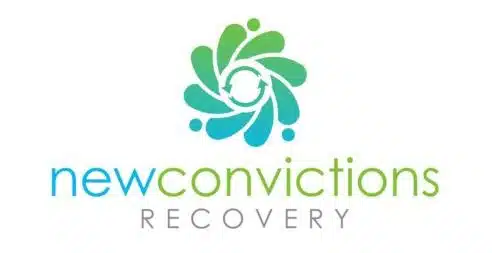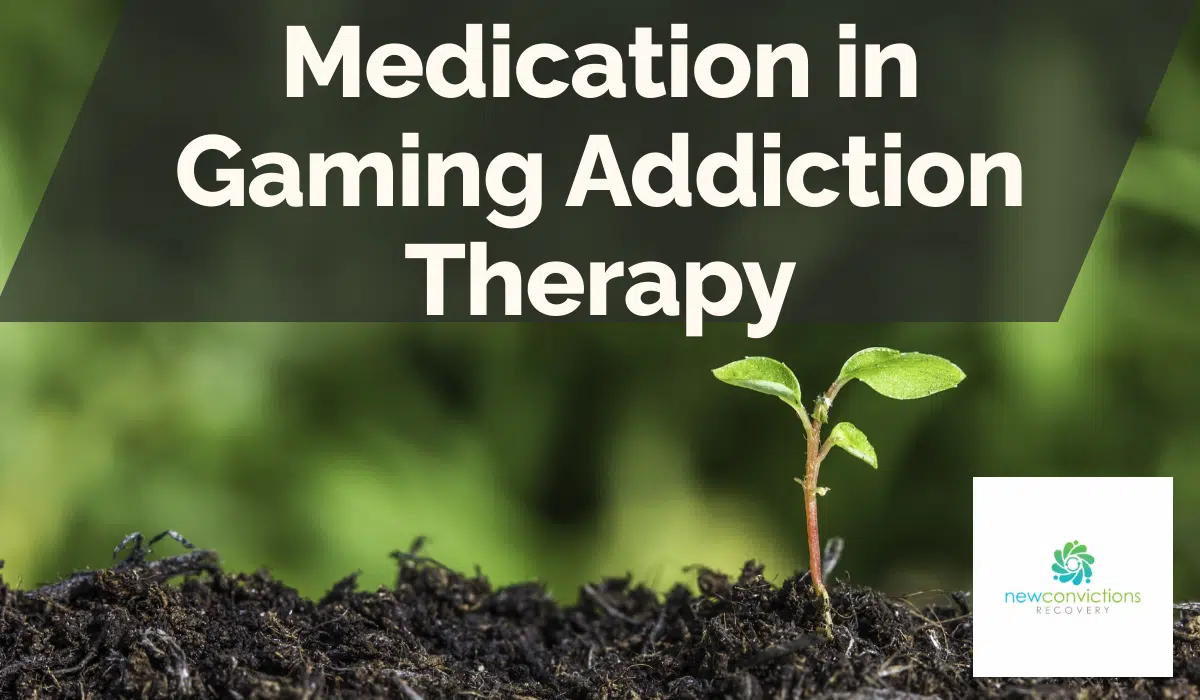Gaming can be an exciting way to pass time and engage with others. However, when it spirals out of control and turns into an addiction, it can have devastating effects. One of the many methods used to address gaming addiction is a combination of medication and counseling. This article divulges into how medication and therapy can jointly serve as a beneficial treatment for gaming addiction.
What is Gaming Addiction?
Gaming addiction, otherwise known as internet gaming disorder (IGD), is a condition that affects countless individuals worldwide. IGD is characterized by an individual’s inability to control their gaming activities, leading them to prioritize gaming over other essential aspects of their lives. It can result in severe personal, social, occupational, and psychological consequences.
Medication in Gaming Addiction Therapy
While medication is not the first line of treatment for gaming addiction, it plays a critical role in the recovery process. Medications often serve as helpful adjuncts to cognitive-behavioral therapy and other psychotherapeutic interventions for gaming addiction. Various types of medications, including antidepressants, mood stabilizers, and opioid antagonists, have been used to treat some aspects of gaming addiction.
How does medication work alongside counseling?
Medication aids the therapy process by addressing the underlying issues that may contribute to the addiction, such as anxiety, depression, or ADHD, allowing the individual to focus more clearly on their therapy sessions. When used in conjunction with counseling, medication can support the individual in managing their symptoms better and help them remain committed to the therapeutic process.
Therapy Integration in Gaming Addiction
Therapy plays a pivotal role in treating gaming addiction. Cognitive Behavioral Therapy (CBT), family therapy, and individual counseling are utilized to break down the destructive patterns of thought and behavior that fuel the addiction. Therapy helps inculcate healthier coping strategies and equips individuals with skills to manage triggers and prevent relapses.
What role does family therapy play?
Family therapy holds significance as it encourages the family to function as a supportive system throughout the recovery process. It seeks to strengthen relationships, improve communication, and cultivate understanding among family members about the nature of the addiction and its impact.
Recovery Support for Gaming Addiction
Support in recovery is crucial. By participating in support groups, individuals can share their experiences and learn from others who are navigating the same journey. This can help reduce feelings of isolation, foster a sense of community, and provide practical recommendations on managing withdrawal symptoms and avoiding relapse.
Frequently Asked Questions
Are medications always necessary in gaming addiction therapy?
No, medications are not always necessary. They are used primarily when there are coexisting disorders, such as depression or anxiety, that can be contributing to the gaming addiction. The decision to use medication is highly individual and should be done in consultation with a healthcare professional.
Can gaming addiction be treated with therapy alone?
Yes, therapy can be a standalone treatment for gaming addiction, especially cognitive-behavioral therapy, which has been shown to be effective in treating internet gaming disorder.
Conclusion
While gaming addiction can have a significant impact on individuals and their families, effective treatment involving medication, individual counseling, and family therapy can support the path to recovery. A personalized and multifaceted approach can help individuals regain control over their lives, reconnect with their family and friends, and reengage in meaningful and fulfilling activities.

